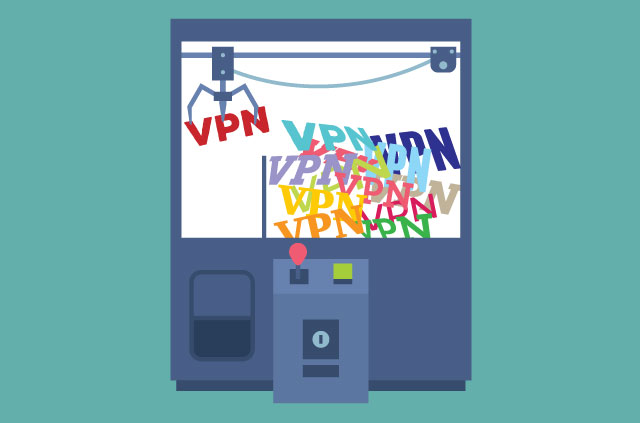The good news is that you have more choices than ever when it comes to picking a VPN.
The bad news is that some VPNs on the market won’t protect your privacy.
Research says many VPNs use outdated technology
High-Tech Bridge, a Switzerland-based web security company, surveyed 10,436 publicly available SSL VPN servers and found that many use encryption methods considered both outdated and insecure by industry bodies such as the Payment Card Industry Data Security Standard (PCI DSS) and National Institute of Standards and Technology (NIST).
Even more shocking are Australia’s Commonwealth Scientific and Industrial Research Organization (CSIRO) findings that 18% of 283 surveyed VPNs didn’t encrypt user’s activity, meaning unprotected users.
The increase of malware in bad VPNS
Outdated technology and poor coverage are one thing, but having a VPN put malware on your computer is another thing entirely. Malware on your connection means your VPN provider can see and record all kinds of your information and a project by the CSIRO found that 38% of Android VPN apps contain malware.
An influx of fake VPNs on the market
Donald Trump’s move to kill privacy rules in early April, 2017, resulted in a whole host of new, purportedly ultra-secure VPN services hit the market. Rather than offer a robust, secure solution to privacy concerns, many of the new services aren’t up to the job, even so far as to be phony.
MySafeVPN is a case in point. Set up in late-March 2017—just before Trump’s privacy roll-back—MySafeVPN claimed a link to Plex and offered a secure, private VPN service at $24.99 for a three-month subscription. The problem was, as discovered by Motherboard journalists that the service didn’t link to a VPN server at all and gave little in the way of customer service. Motherboard went so far as to describe MySafeVPN as an “opportunistic scam.”
Three simple points to follow when choosing a VPN
A VPN is the still the simplest way to secure your online privacy, but with cases like the above, and the enormous potential cost of stolen data, it pays to be picky when choosing a VPN.
With this in mind, here are three vital points to help you make the best choice and give you the functions, security, and peace of mind that you need:
- It pays to pay: Since it costs money to build the high-security VPN services that you need to protect your data, it pays to be suspicious of companies offering you VPN services for free. Paying for VPN services gives you extra peace of mind that you get the security you need. Unlike paid services, free VPN providers may sell your data to keep themselves going, thus defeating the object to you of having a VPN in the first place.
- Do your research: Shop around and look for reviews of the top VPNs available, keep a look out for reviews over the past three-to-four years and find VPN providers who consistently get good reviews and have shown that they invest in their service with enhanced security and functions.
- Focus on features: Drill down into VPN features such as connection speed, encryption algorithms, and customer service facilities. Features like these can make all the difference when it comes to the quality and security of your service.
A good VPN is essential as the privacy stakes get higher—estimated costs of data breaches to individuals and businesses will reach a whopping $2 trillion by 2019.
Use the above points when shopping for a VPN to give you the best chance of protecting your online privacy.


Recent Comments